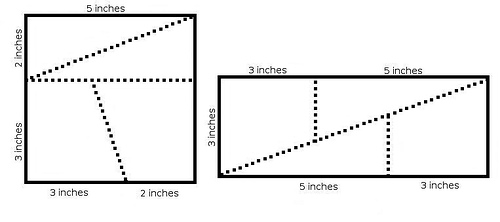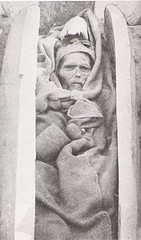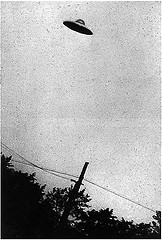
In 1890, a well-intentioned New Yorker named Eugene Schieffelin released 80 starlings in Central Park. He wanted to introduce every bird mentioned the works of William Shakespeare into the United States. (In The First Part of King Henry the Fourth, Hotspur says, “Nay, I’ll have a starling shall be taught to speak nothing but ‘Mortimer.'”)
He should have reconsidered. Scientists estimate that those birds have multiplied into more than 200 million in North America, where the starling has become a major pest, outcompeting other birds for nest holes. Opponents of genetically modified organisms still point to Schieffelin’s act to warn of the dangers of invasive species.
04/12/2022 UPDATE: Not true, according to John MacNeill Miller of Allegheny College. (Thanks, Sharon.)




